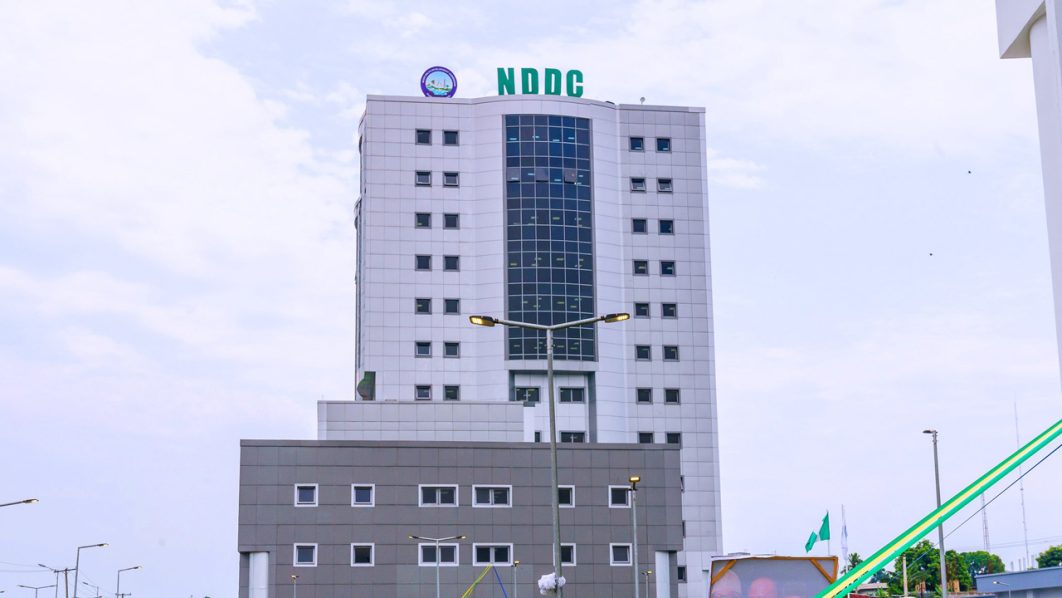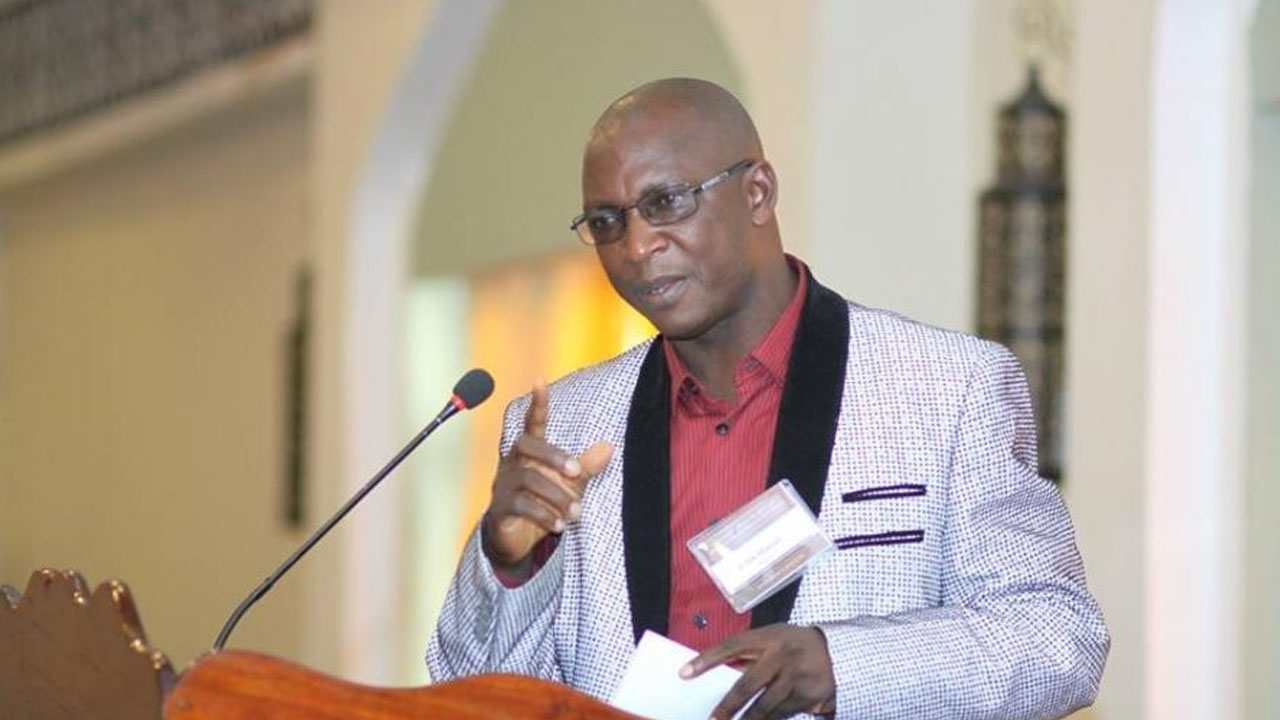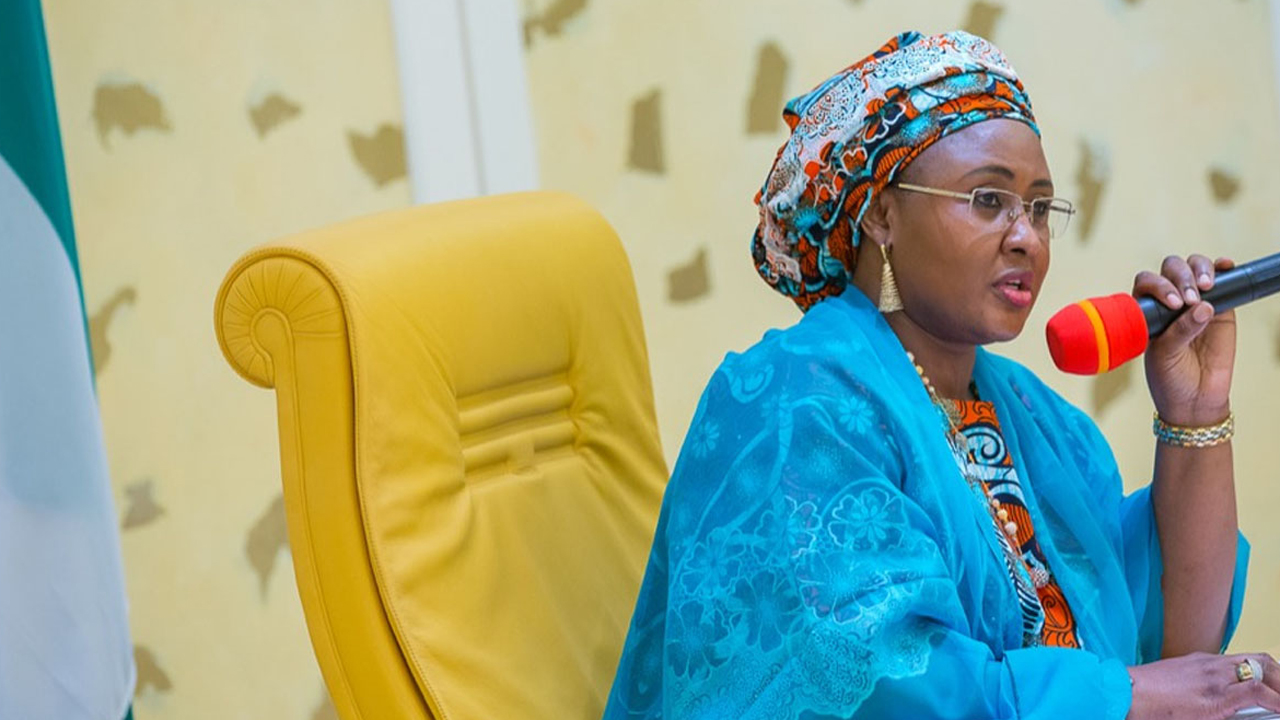
Towards ensuring food security in the country, the Niger Delta Development Commission (NDDC) has announced its plans to ramp up rice and cassava production in states under its mandate.
The commission made the disclosure at an event on Friday, in Warrake, a food-producing community in Owan East Local Council of Edo State, to celebrate the harvest of its 50-hectare rice farm with the farmers.
The harvest was the first under the NDDC Rice and Cassava Farmers Empowerment Programme, which is expected to cover the nine states of the Niger Delta region.
According to the commission, the success recorded in Warrake signposts its determination to support small-holder farmers in growing their operations and becoming training centres for youths as part of a plan to advance food security and promote youth employment.
The commission further noted that what happened at the Warrake rice farm showcases the gains of leveraging the agricultural potential of the Niger Delta region and promoting the shift from traditional to mechanised farming methods.
Managing Director of the commission, Dr. Samuel Ogbuku, who spoke at the event, described it as a significant day in the history of agricultural programmes in the Niger Delta region.
Ogbuku, represented by the NDDC Director of Agriculture and Fisheries, Dr. Winifred Madume, expressed delight at the young farmers’ enthusiasm for boosting food production.
He said: “This farm’s success is significant because it has adopted full mechanisation from land preparation to harvesting and good agronomic practices. We can also see that the seasons are not stopping the programme as work continues even into our short dry season.
“On June 5, 2024, we gathered at the headquarters of the Niger Delta Development Commission in Port Harcourt to formally onboard participating communities that provided land for this programme across the Niger Delta region.
“I recall the enthusiasm of farmers and community leaders at the ceremony and their fears based on numerous past disappointments. I was happy that we started working with farmers in the first set of communities a few weeks after the ceremony. Today, I am pleased that we have begun harvesting here in Warrake.”
The NDDC boss noted that the commission was equally working with farmers in Rivers and Akwa Ibom States, stating that as flood waters recede, the programme would sustain all-season farming across all the states of the Niger Delta region.
He added: “I encourage farmers, communities, and the consultant to continue working closely with us to replicate this success across all the project areas and improve on our accomplishments.
“I thank President Bola Tinubu for his commitment to the sustainable development of the Niger Delta and the special emphasis he has placed on food security in Nigeria. The NDDC will continue to work on accomplishing his directives.
“During the onboarding programme in June, we assured everyone that this programme will be successful. Today, this harvest serves as a milestone in a journey far from complete but has certainly taken off on a strong footing.”
Ogbuku said that the lessons learnt from the inaugural farm and others currently at various stages would support the efforts of the NDDC in continuous improvement of the programme.
He thanked Warrake community leaders for making the land available and providing an environment that would enable the project’s success.
He also thanked the farmers for their hard work, which, he said, “led to the harvest we are celebrating today.”
“From the proceeds of this harvest, we will continue to sustain this programme even as you benefit from your hard work,” Ogbuku assured.
Speaking earlier on the agricultural programme, the NDDC Consultant for the project, Mr. Von Dinieai Kemedi, said that the objective was to ensure that the Niger Delta region regained its status as the leading light in agriculture, especially in rice and cassava farming.
He stated that NDDC was revitalising agric development in the Niger Delta and that the commission was very central to the development of agriculture in the region.
He explained that the Warrake rice farm started with a land preparation covering about 98 hectares, of which 50 were planted.
The traditional ruler of Warrake, HRH Alimu Ogbeidu, stressed the importance of food security, urging the Federal Government to ensure adequate protection for farmers engaged in food production.
The royal father, represented by Chief Mustapha Orogho, appealed to the NDDC to construct the access road to the rice farm in Warrake.
One of the beneficiaries, Chief Gbadamosi Kadiri, hailed President Tinubu for the initiative, which he described as beneficial and timely.
Noting that they would continue to support the project, he also urged NDDC to fix the dilapidated road to the farm.
A Warrake community youth leader, Mr. Kasimu Mohammed, identified lack of capital as the major constraint to commercial farming. He noted that with proper funding, smallholder farmers would contribute substantially to food production in the country.
Recall that earlier in the year, the NDDC entered into a partnership with the Rice Farmers Association of Nigeria (RIFAN) as part of its efforts to ensure food security in the Niger Delta region.
The NDDC boss told a delegation from the farmers’ association, led by the Deputy National President of RIFAN, Mr. Victor Korede, that the commission was ready to partner with RIFAN to develop agriculture in the region, especially rice cultivation.
According to the NDDC Executive Director, Projects, Sir Victor Antai, the Niger Delta region is blessed with the right ingredients for growing various crops and vegetables.
He stated that because of the arable wetlands, rainfalls and other favourable ecological factors, the region is in a better position to plant various crops and vegetables at least four times within a farming season.
“We are trying to move away from the oil economy, and the sector which can accommodate our youths in large numbers is the agricultural sector. We also want to move from subsistence agriculture to mechanised farming to harness all the opportunities that the Niger Delta region has to offer,” he added.
Antai noted that the NDDC had built two rice mills in Elele-Alimi, Rivers State, and Mbiabet-Ikpe, Akwa Ibom State.
“We are interested in the farmers’ association’s smart agriculture approach,” he stressed. “In fulfilling President Bola Tinubu’s Renewed Hope Agenda, the NDDC introduced a pet programme known as Holistic Opportunities, Projects and Engagement (HOPE) and agriculture is one of its key components.
“The Project HOPE initiative seeks to engage youths of the region by creating employment opportunities for them. We have collated the data of the youth in the region, and so many of them are interested in agriculture. The NDDC is resolute in the quest to provide food security in the Niger Delta region, and we need to engage the youths in agriculture to achieve this goal.”
Similarly, the Vice President of South-South of RIFAN, Mr. Emmanuel Anoh, said the association was set to demonstrate that sufficient local food production was possible in the country.
He explained: “We are discussing with the NDDC on how best the region can feed Nigeria and contribute to the President’s agenda of self-sufficiency in food production. Rice is a global staple crop eaten by every home thrice a week.
“The Niger Delta region has a comparative advantage in rice production in comparison to other regions. With the massive arable land, favourable rainfalls, and other ecological factors that can boost rice production in the country, Niger Delta is the best choice.”






